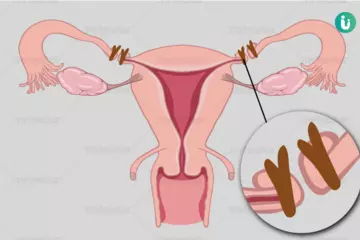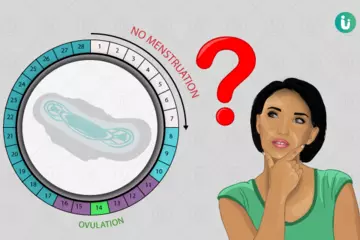What is kidney transplant?
Kidney transplant is a procedure which involves the replacement of a damaged kidney (recipient) with a healthy kidney from a donor. End-stage renal disease (ESRD) patients undergoing kidney transplants in India amount to 151-232 cases per million population. Globally, it is reported that over 2 million individuals require a kidney transplant and dialysis procedures each year.
Why is it done?
Kidney transplant is needed in ESRD patients to help restore kidney function through the healthy donor kidney. Kidney transplant is mainly indicated in individuals who have ESRD. Major symptoms that can help detect the need for transplantation are:
- Oedema (swelling) of the extremities and the face
- Headache
- Elevated blood pressure
- Pallor of the skin
- Coffee-coloured urine
- Tiredness
- Itching of the skin
Who needs it?
The conditions that, if left untreated, may eventually deteriorate kidney function and need prompt kidney transplant include:
- Elevated blood pressure which is not controlled despite medications
- Elevated blood glucose levels which is not controlled despite medications (Read more: Diabetes prevention)
- Polycystic kidney disease
- Nephrosclerosis due to high blood pressure (a type of kidney disorder)
- Glomerular disorders (type of kidney disorders) like glomerulonephritis
- Vascular conditions, especially kidney-specific diseases
How is it performed?
Kidney transplant is performed by taking the kidney from a live donor or a deceased one. Blood type is tested to check the compatibility between the donor and the recipient to avoid mismatch. The procedure is performed under the effect of anaesthesia. The entire procedure doesn’t take longer than 2-4 hours. Complications should be taken care of, so the procedure may go smoothly.
After the procedure, to maintain the union of the donor's kidney in the recipient’s abdomen, anti-rejection drugs like steroids may be administered to avoid organ rejection.
Following a successful kidney transplant, the patient usually doesn’t require further treatment with peritoneal or haemodialysis. However, in failed transplant cases, the patients need to undergo dialysis again.

 OTC Medicines for Kidney transplant
OTC Medicines for Kidney transplant















